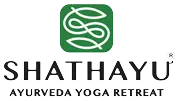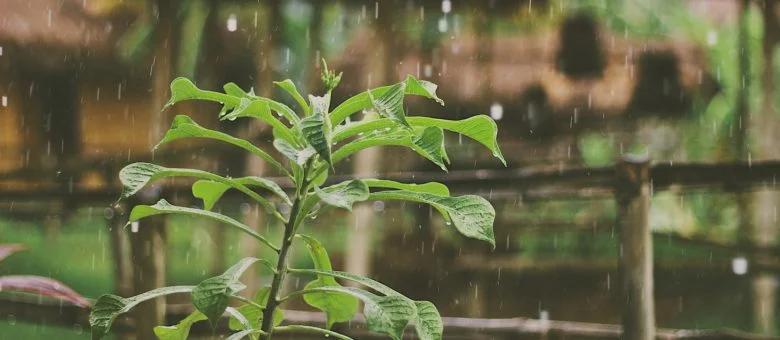Improve Health With Monsoon Retreat
Monsoon Retreat – The monsoon is the time of year when everything that has gathered over the summer must be cleansed out. When Nature chooses to cleanse the land with rain, there is a change in all around and Ayurveda recommends that dietary and lifestyle alterations should be made gradually over a fortnight. Slowly abandon the old way of life and embrace the new. Monsoon Retreats are the best place to spend time in Monsoon. If you want to improve your health and prevent disease, the best thing you can do is adapt to seasonal changes with the right food, diet, Ayurveda therapy, and with Shathayu Ayurveda Yoga Retreat.
Best Ayurveda Treatments for Monsoon Retreat
Undergoing Ayurveda treatments during the monsoon are highly preferred as the body becomes more receptive to the treatments and medications due to the moist climate’s influence on the body which opens up the pores in the skin. Shathayu Ayurveda Retreat is the best monsoon retreat in India.
-
Abhyanga/Ayurveda Massage
Ayurveda full-body oil massage is one of the most popular therapies for strengthening the body and Boosting Immunity during the rainy season. It aids in the relief of joint aches and pains, which are typical during the monsoon season.
-
Swedana/Steam
Because the monsoon opens up the pores in the skin, inducing steam to remove impurities and renew the body is good. Fomentation therapies include massage with hot medicinal boluses or dry heat treatments.
-
Basti/Detox
This medicated enema detoxifies the body and is an excellent panchakarma detox for the monsoon season.
Best Monsoon Retreat Diet
- Water used for drinking should be that is boiled and reduced to half the quantity
- Consume small pieces of fresh ginger with rock salt before every meal.
- Spices such as coriander, cumin, turmeric, and fennel help stimulate digestion as the digestive power is hampered during the rainy season.
- Use fresh ginger, black pepper, and lemon to promote better digestion.
- Take a diet that is sour, salty, and oily.
- Take pulses, soups, old grains, and thin water or yogurt with food.
- Take very thin buttermilk or make use of whey water with asafoetida, curry leaves, lemon leaves (pasted) and fresh ginger as the drink.
- Include cow’s ghee, lentils, green gram, barley, rice, wheat, and oats in moderate
- Stay away from raw, cold foods.
- Avoid a protein-rich diet in the monsoon.
- Vegans should refrain from cheese and legumes such as urad (Vigna mungo) and rajma (kidney beans).
- Meat soup is preferable for non-vegans.
- Meat (that is difficult to digest) or seafood like fish should be avoided.
- Do not take icy-cold liquid or food in the rainy season
- Don’t exercise late in the evenings or at night.
- Avoid eating uncooked and heavy-to-digest foods like curd, maida-based (flour) products, fatty meat, and marshland meats. raw foods like salads.
Lifestyle Changes During Monsoon
- Detoxify your body during the month of June (second half) to August (first half).
- Monsoons are the best months to do Panchakarma, especially Basti or Vasti treatment (therapeutic enema treatment).
- In India, we have lots of fasting days in the lunar month of Sharavan or Saavan providing rest and natural resetting to the gut.
- Abstain from daytime sleeping and staying up at night.
- Use warm or lukewarm water for the bath.
- Sesame seed oil best suited for application on the Skin.
- Have a regular bath, and apply lepas (medicated packs) to avoid dryness and skin infection.
- Do special monsoon care like foot care, Use proper shoes.
- Keep your hair clean and dry. Wash hair twice a week with natural Shampoo.
- Do not go in an air-conditioned room with misty hair and damp clothes.
- Always keep the surroundings dry and clean. Do not allow water to get accumulated around. Risks for mosquito-related illnesses are more.
- Keep your body warm. The risk for viral disease is more so wearing shielding clothing to avoid cold breezes, wind, and rain. You can sip on warm herbal teas that are antibacterial, antiviral, and immunity boosters.
- Avoid walking in dirty waters during rainy season as the risk of Leptospirosis and fungal infection of the feet are more.
- Drying clothes with fumes of loban and dry Neem leaves are also suggested in Ayurvedic texts.

